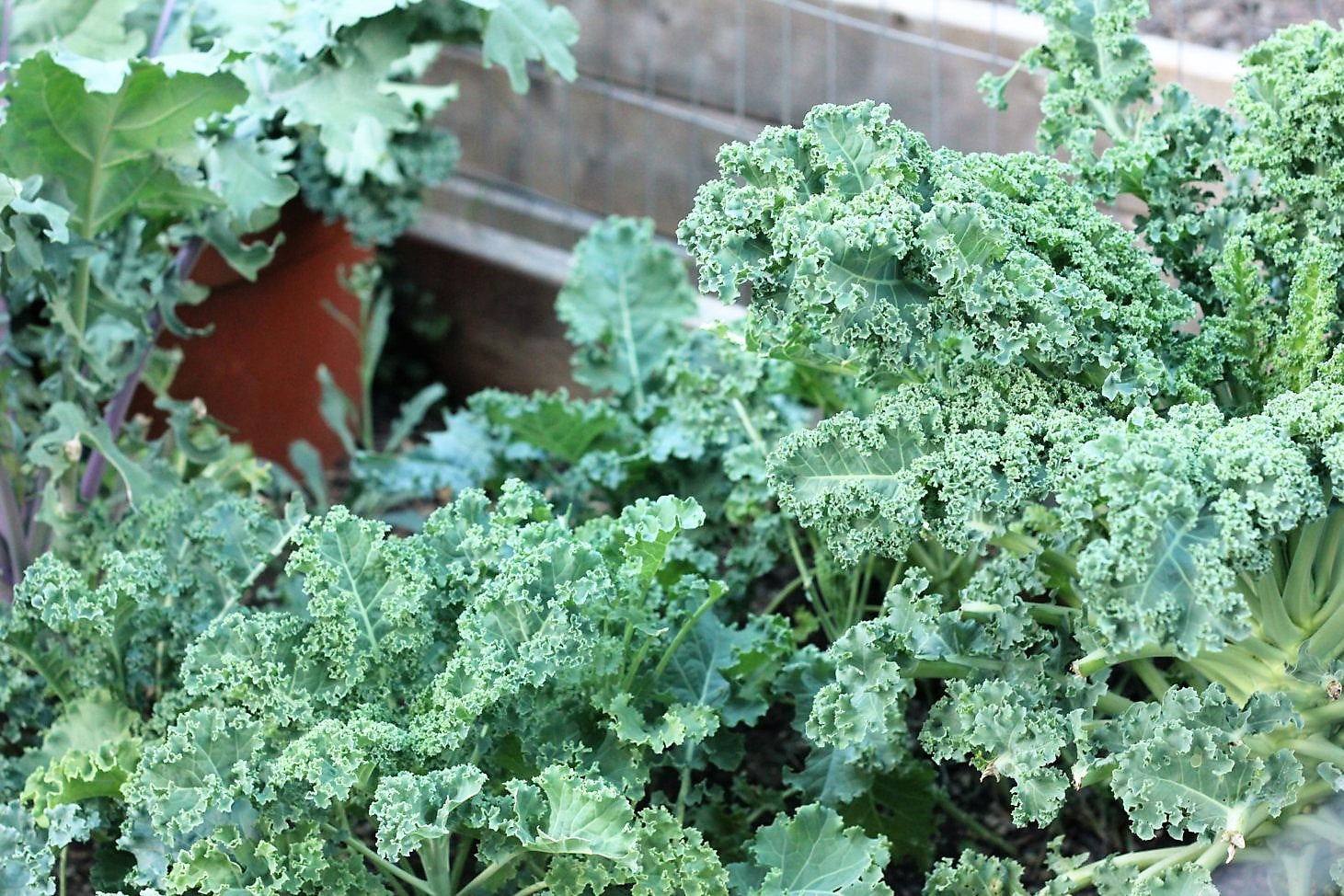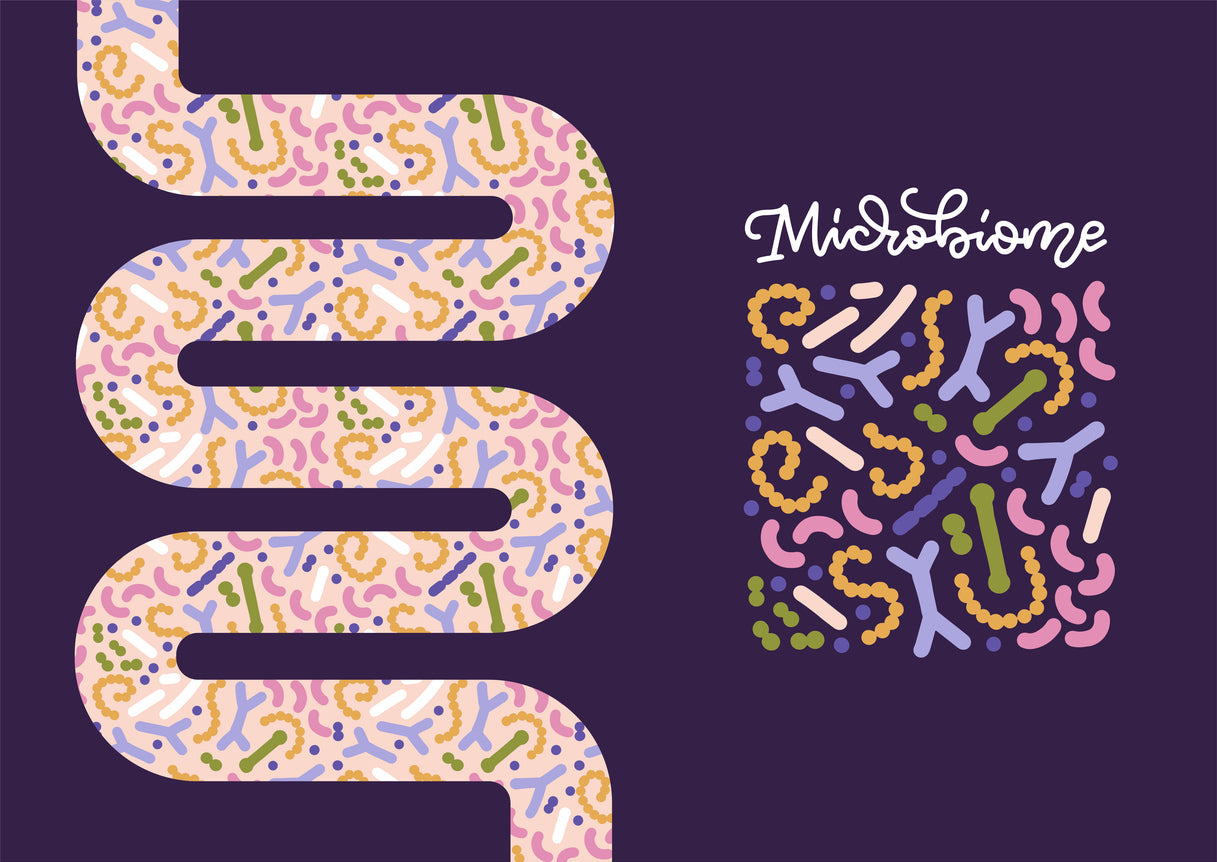It’s been said recently that, as a society, we “overuse” hand sanitizer and antibiotics. And that the sterilization and killing the bacteria in us and on us may not be as beneficial long-term as we’ve thought. Certainly, those who embrace the “Hygiene Hypothesis” believe that our cleanliness is making us sick.
The basics of the hypothesis is that lack of early childhood exposure to good bacteria makes one more susceptible to disease by retarding the development of one’s immune system. This is not the same as the idea what’s known as humoral immunity where our immune systems are strengthened by exposure to bad bacteria and sicknesses which builds more antibodies.
Is cleanliness making us sick? Gutbliss by Dr. Robynne Chutkan addresses this question.[1] As a board-certified gastroenterologist, Dr. Chutkan discusses the epidemic of digestive bloating and distress she sees clinically and which is virtually always explained by frequent antibiotic usage.
The idea of the Hygiene Hypothesis addressed by Dr. Paolo Lionette’s. Dr. Lionette’s work compares gut bacteria of children in Italy, with those of children in Burkina Fasa.[2] His results showed that the children had nearly identical gut bacteria at birth, but very different bacteria as they age, due to very different diets. Children in Africa have much more diversity in their bacteria (which is good) than those in Florence and Dr. Lionette attributed this to diet: legumes and vegetables vs. high sugar and meats.

The hypothesis is further bolstered by the differences in cultural hygiene practices in the two locations, as well as seeing the high incidence of Crohn’s, ulcerative colitis, and autoimmune disorders in developed countries and low distribution in developing ones.
So, what can you and I do about this information? A landmark study out of Harvard in 2014 showed not only that the food you eat determines the bacteria you grow, but also that the composition of the bacteria in your gut can change within days as you shift what you eat.[3] This is significant because our bacteria can turn on and off disease-causing genes.
This is good news, because, if you’re like us, you want something to work quickly. Changing to a more plant-based diet is really the quickest step to shift to a healthier microbiome.

Get outside more. Garden. Grow a variety of things. Hike. Camp.
Eat fermented foods. Sauerkraut, kombucha, and kefir will supplement the bacteria in your gut
Eat more vegetables. Again, eating a healthy variety of veggies will yield a diversity of gut bacteria. “Eat the rainbow,” meaning eat vegetables with a variety of colors. Cruciferous vegetables like kale or broccoli is a good place to start.
Get your hands dirty. This could be through gardening or other activities outside
Cautious use of pharmaceutical drugs. Use fewer antibiotics, steroids, hormones, and NSAIDS like ibuprofen. If you take an antibiotic, take a probiotic pill, like Garden of Life, afterward.
References
[1] Chutkan, R. (2013). Gutbliss. Penguin LLC. New York, NY.
[2] Filippo CD, et. al. . (2010). Impact of diet in shaping gut microbiota revealed by a comparative study in children from Europe and rural Africa. PNAS. 107:14691-14696.
[3] Lawrence DA, et. al. . (2014). Diet rapidly and reproducibly alters the human gut microbiome. Nature. 505:559-563.









0 Comment